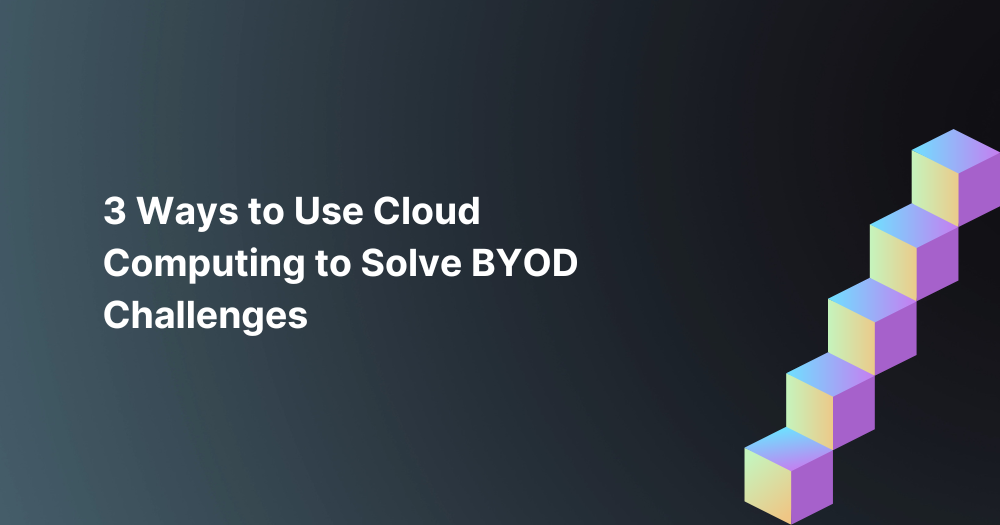
Bring your own device (BYOD) has exploded in popularity as a money-saving and efficiency-boosting workplace policy. However, it has also created several unique challenges, and many organizations are still searching for effective ways to address them. Cloud computing offers many solutions, but to harness its power, it’s essential to understand where these challenges come from and what problems they pose.
BYOD policies create three main challenges related to security, compliance, and redundancy. Security is one of the most pressing, as personal devices used for work purposes aren’t usually protected as carefully as company-issued devices would be.
Compliance issues are prominent in industries that collect and use confidential data, such as healthcare, financial services, and e-commerce. These need to be carefully considered and mitigated to prevent data breaches, cybercrime, and related problems.
Redundancy is another critical problem, as software, encryption tools, and privacy controls may not be identical from an end-to-end standpoint. This, in turn, can lead to a whole host of issues that can impact efficiency, productivity, and even profitability.
Enterprises looking to address these concerns can turn to newly developed cloud computing solutions for answers. Examples of these solutions include:
The professionals at BlackPoint IT Services offer advanced, detailed knowledge of emerging processes that are driving innovation in the realm of business telecom. To learn more about how BlackPoint can help companies use cloud computing to build safer and more effective BYOD policies, please contact a client services representative today.